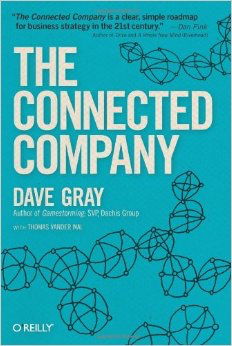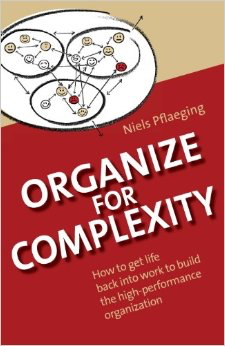In some recent work, an organization is looking to find a way to learn fast enough to cope with the increasing changes we’re seeing. Or, better yet, learn ahead of the curve. And this led to some thoughts.
As a starting point, it helps to realize that adapting to change is a form of learning. So, what are the individual equivalents we might use as an analogy? Well, in known areas we take a course. On the other hand, for self-learning, e.g. when there isn’t a source for the answer, we need to try things. That is, we need a cycle of: do – review -refine.
In the model of a learning organization, experimentation is clearly listed as a component of concrete learning processes and practices. And my thought was that it is therefore clear that any business unit or community of practice that wants to be leading the way needs to be trying things out.
I’ve argued before that learning units need to be using new technologies to get their minds around the ‘affordances’ possible to support organizational performance and development. Yet we see that far too few organizations are using social networks for learning (< 30%), for example.
If you’re systematically tracking what’s going on, determining small experiments to trial out the implications, documenting and sharing the results, you’re going to be learning out ahead of the game. This should be the case for all business units, and I think this is yet another area that L&D could and should be facilitating. And by facilitating, I mean: modeling (by doing it internally), evangelizing, supporting in process, publicizing, rewarding, and scaling.
I think the way to keep up with the rate of change is to be driving it. Or, as Alan Kay put it: “the best way to predict the future is to invent it”. Yes, this requires some resources, but it’s ultimately key to organizational success, and L&D can and should be the driver of the process within the organization.



